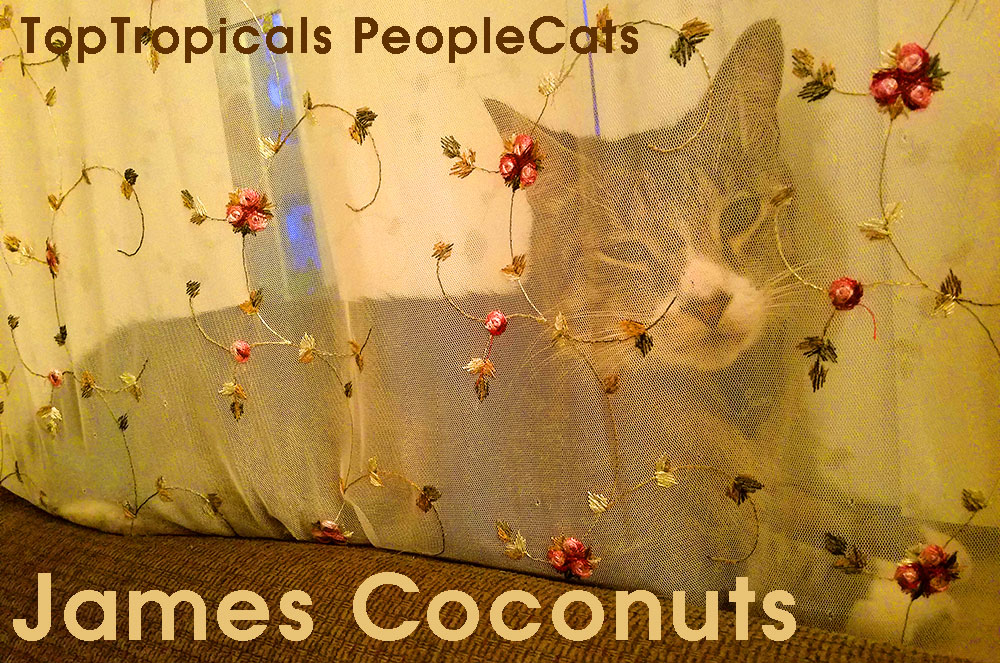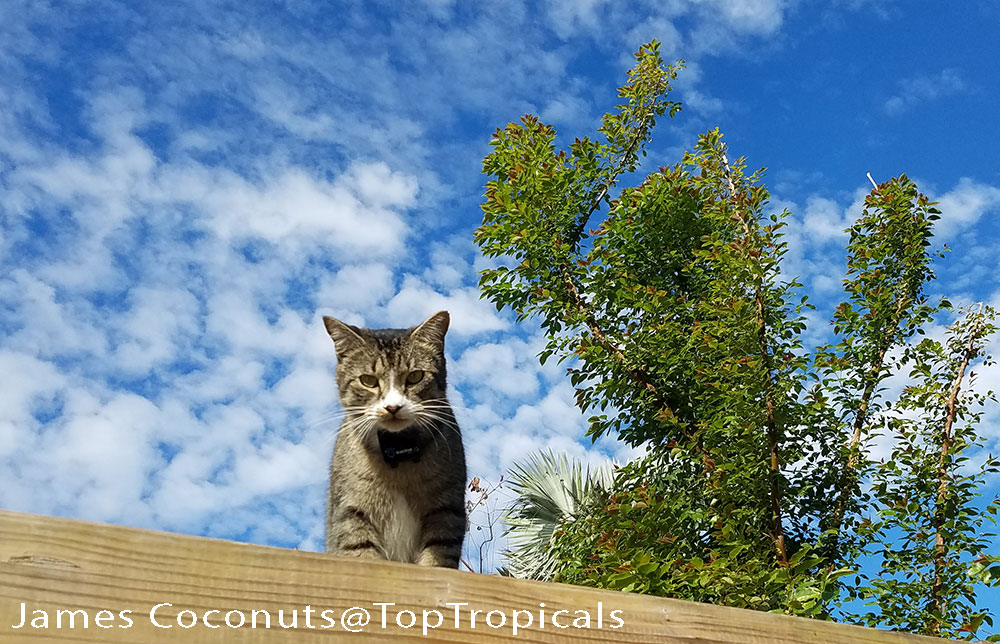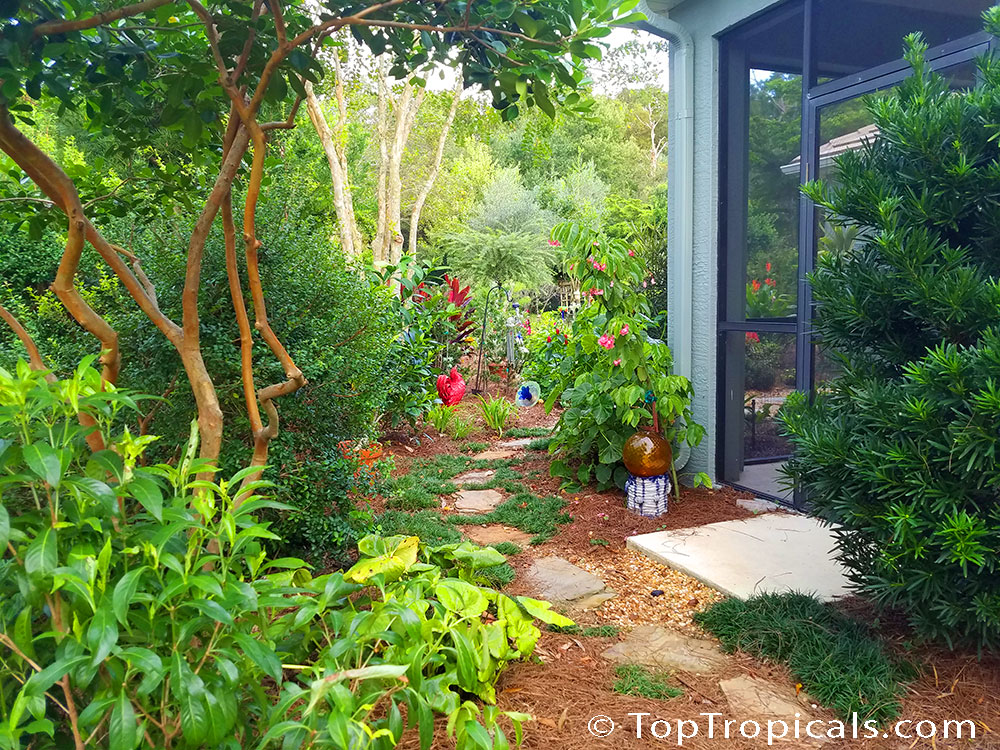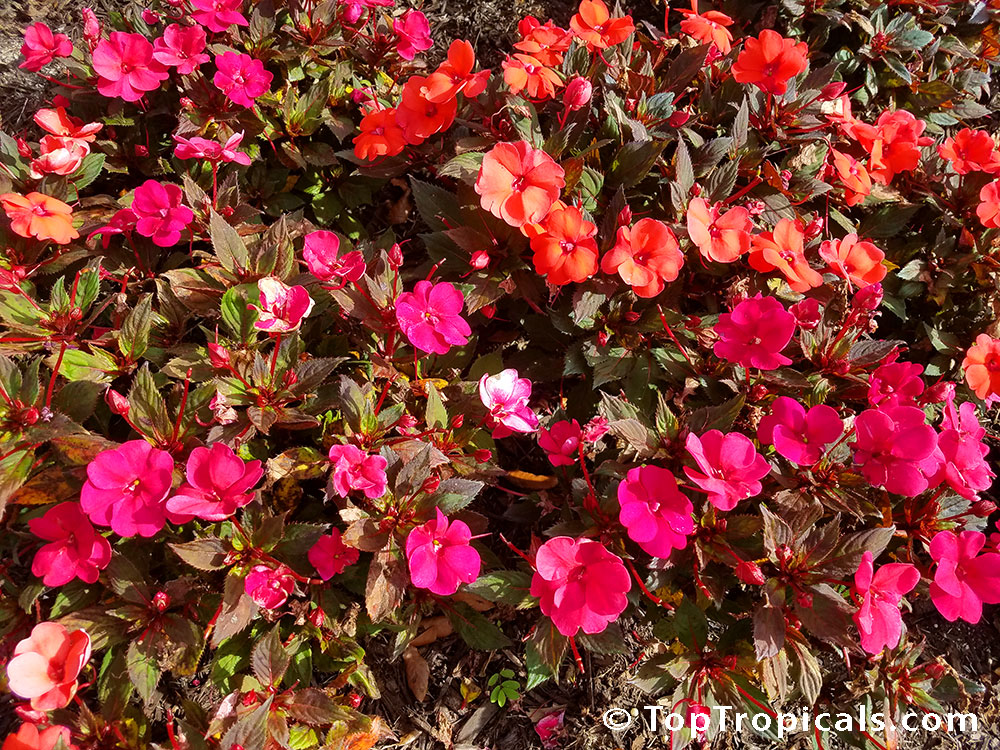Date:
Garden Blog - Top Tropicals
Date:
Date:
Date:
Date:
Meet PeopleCats of TopTropicals. Cat of the Day: James Coconuts
Winning a Lucky Ticket for a Croissant
Many of you have already met James Coconuts who has been in charge of
our Customer Service Team for a long time. After many years of hard work,
Coconuts is now finally retired in a comfortable home but still does some
consulting for Anna Banana and other office team members. So you will hear from him
again in our Blog, helping with planting, and organizing holiday events.
Originally, Coconuts came from the Middle-of-Nowhere (what a surprise).
Tenants from our old property in Punta Gorda left him behind when they moved
out... So Coconuts lived in woods for a month and, considering being deaf
(but not dumb!) from birth, living in the wild was quite a challenge for him.
When he saw our car, he jumped right into the open trunk and never regretted
that decision. We left us no choice but to take him into our big CatFamily. He
had starved so much that he ate a whole croissant... as we had nothing else
to offer at the moment... Since then, Coconuts went through lots of troubles
including a minor stroke, being run over by a truck, lost in woods again for
a month, and surviving a wild animal fight followed by a life-threatening
abscess. Finally, he decided to stay away from trouble and happily landed on his
couch with Margaritas and Nachos, getting chubby, singing his favorite opera
songs, and writing poetry.
Date:
Fertilizing in Winter?
Q: I'm a bit confused about what winter fertilization schedule I should follow in South Florida. For blooming plants, usually, I use a monthly granular bloom booster fertilizer as well as a liquid fertilizer every 10 days or so. Should I continue that schedule in the winter as well? Should I stop fertilizing altogether in the winter? How about fruit trees? What fertilization schedule should I follow in the winter?
A: Here is a general fertilizing schedule for established plants that we follow here
in SW Florida.
The rule of thumb is, do not fertilize (with macro- NPK elements) when
minimum temperatures drop below 65F and stay at that level for more than 7
days. At this temperature point, most of the tropical and subtropical plants
slow down their metabolism and some of them going into dormancy. This means,
nutrients are not consumed as much as during active growth period, and built-up
nutrient supply within a plant plus whatever is available in the soil is
just enough to get by through the winter. So additional fertilizing is not
necessary. You may continue micro-element supplements and bio-stimulants
throughout the year. In fact, it is highly recommended to do so, to help the plant
survive cold spells. These are very effective tropical plant protectors:
SUNSHINE-Epi - Brassinosteroid plant hormone
SUNSHINE-Power-Si - Advanced plant protector with Silicon
SUNSHINE SuperFood - Complex microelement supplement
This rule is applied to both flowering and fruiting plants, in general. However, some species are winter-flowering and winter-fruiting. For those, you can make an exception and provide extra nutrients for flowering and fruiting, as long as the weather stays warm. During cold spells, avoid any NPK fertilizers and use only bio-stimulants and micro-elements. If you apply NPK during cold, it won't be consumed by a plant, build up in the soil, and may create a root burn situation.
In simple words, fertilize from March to October. Give plants some rest from November to February.
Date:
Date:
Date:





